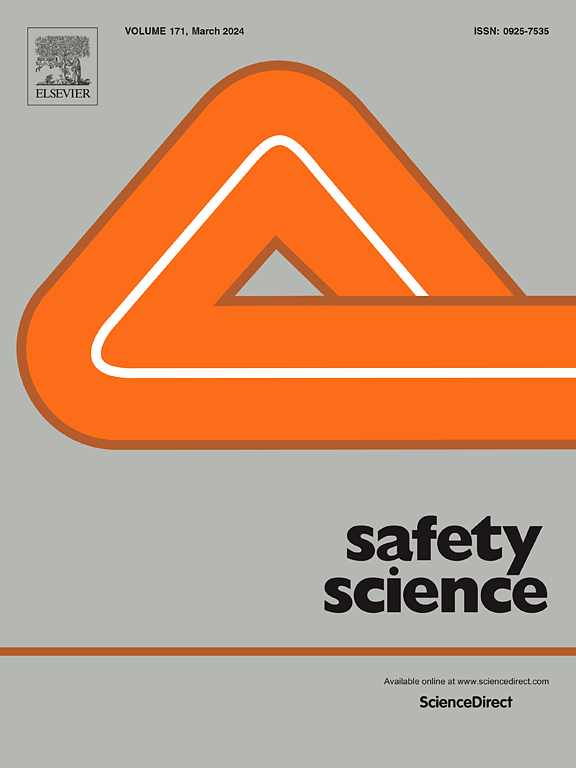The part that we play: Engineers’ perceptions of their responsibility for public safety
IF 4.7
1区 工程技术
Q1 ENGINEERING, INDUSTRIAL
引用次数: 0
Abstract
In the study of accident causation and prevention, safety research favors organizational explanations that minimize consideration of the agency of individuals. Challenging this framing of how to promote excellent safety performance in organizations, this paper presents an analysis of the perceptions of responsibility among practicing engineers regarding their role in public safety. Drawing on data from professional development workshops for gas sector engineers involving close to 100 participants, we found that engineers adopt a backward-looking responsibility framework to understand accident cases as linked to engineering practice for accident prevention. Many participants explain that they are far from the passive actors an organizational view of accidents would suggest. In a forward-looking responsibility framework, they describe the importance of speaking up, the professional obligation to do so and strategies to be more effective in articulating recommendations to management. While they do not consider themselves as passive actors, the engineers were also acutely aware of the challenges of asserting influence in large organizations. This research shows the complex and nuanced interrelationship between engineering and management decision making, highlighting an under researched area of safety science.
求助全文
约1分钟内获得全文
求助全文
来源期刊

Safety Science
管理科学-工程:工业
CiteScore
13.00
自引率
9.80%
发文量
335
审稿时长
53 days
期刊介绍:
Safety Science is multidisciplinary. Its contributors and its audience range from social scientists to engineers. The journal covers the physics and engineering of safety; its social, policy and organizational aspects; the assessment, management and communication of risks; the effectiveness of control and management techniques for safety; standardization, legislation, inspection, insurance, costing aspects, human behavior and safety and the like. Papers addressing the interfaces between technology, people and organizations are especially welcome.
 求助内容:
求助内容: 应助结果提醒方式:
应助结果提醒方式:


